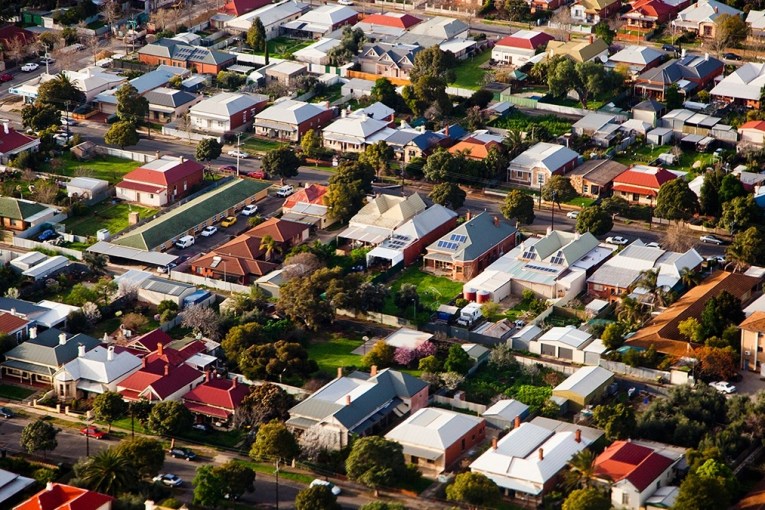Buy or sell? The big issue facing home upgraders

It’s a conundrum faced by many upgraders who have their hearts set on finding the perfect property while getting top price for their current home: to buy a new property or to sell the existing home first?
On first blush, it makes more sense to sell first before buying another property as you will know exactly – right down to the last dollar – how much you have to spend.
If you buy first, having built your budget around the sales estimate of an over-enthusiastic selling agent itching for your listing, then you could be in hot water when you discover your property is worth less than you thought. A crushing discovery come auction day.
• ‘Generation rent’ cashing in as house prices remain out of reach
• Apartment boom remains ongoing
• Battle of the barristers
• Baby boomers are squeezing young families
Furthermore, as sudden price moves are more likely than usual at present this adds considerable risk to strategies such as bridging loans, which are designed to cover the period between the buying of one house and the selling of another.
Put simply: you could be up for a lot more money than you thought. But according to experts, there are ways to assess each strategy objectively and work out what is the best approach for you.
Read the market
Buyers’ agent and principal at Good Deeds Property Buyers, Veronica Morgan, takes a considered approach to this question.
“Ask yourself what is the easiest thing to be done second,” she says.

Ask yourself if you should buy or sell first.
“If it is easier for you to sell second because you are in a sellers’ market then that is what you should do. If you know it is going to be harder to sell your property then you list it first.
“The main predictor of what is going to be easiest to do second will be the market conditions.”
Generally speaking, sellers’ markets give upgraders more of a chance to buy their perfect home as they can afford to take their time buying first and listing later.
“I have had clients in the Sydney market who have sold their property first when they could have afforded to buy first and they have spent years looking for their next property,” Ms Morgan says.
“In that time property has gone up and they have priced themselves out of the market. They are what I call vulnerable buyers in that they need to buy something before settlement because they don’t want to have to rent.
“It pushed their level of compromise up in a big way.”
Don’t panic
Brisbane property veteran and sales agent Jane Pryor confesses that she will always sell before she buys, but concedes that is a personal approach.
“For me, that takes the panic out of the situation, it means I will stress less,” she says.

There should be some crossover of the buying and selling phase, experts say.
“But it does depend on your situation. I have a family, but if you are a single guy in Sydney with a good financial buffer it would make sense to buy first.”
Sometimes the market conditions do not even enter the picture.
“It may be a buyers’ market but you may have a very good reason to list, such as divorce or an interstate move,” Ms Pryor notes.
Of course, there are no guarantees you will find a property before settlement, but even in this instance, Ms Pryor argues, there are solutions.
“You could always rent back your property from the buyers, you could move into short-term rental or even take that European vacation you have been dreaming of for years,” she says.
“There are always options, it is just a case of moving the pieces around like on a chess board.”
Whose advice is right?
Ideally, whatever strategy a buyer chooses there should be some crossover of the buying and selling phase.
“If you decide to buy first you should have nevertheless engaged a selling agent, have the pictures ready and have a realistic idea of what your place will achieve,” Ms Morgan says.
“Then once you buy a property, you are ready to list straight away. The two strategies are inter-related.”
Ms Morgan says most buyers come unstuck when they listen to advice that is freighted with self-interest.
“An agent may tell you to sell first but they are after your listing,” Ms Morgan says.
“People need to look at where they are getting their advice from and the number one litmus test is to ask, ‘Is this person trying to sell me something?’”









